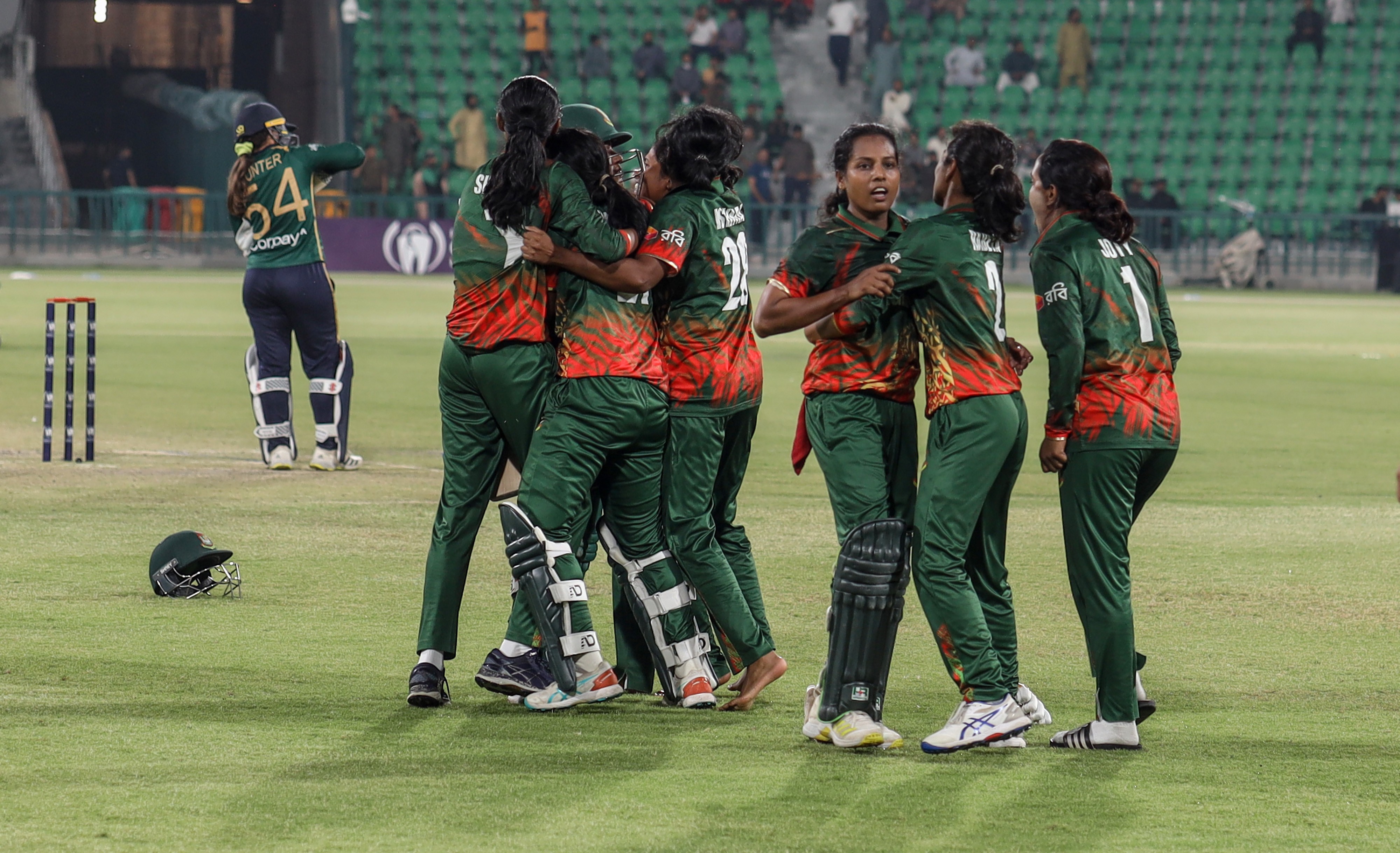In a groundbreaking initiative aimed at safeguarding athletes from online harassment, the International Cricket Council (ICC) has introduced an insightful social media moderation program that has identified roughly 20% of comments on players’ and teams’ social media pages as either abusive or spam-like.
During the recently held Women’s T20 World Cup in the UAE, the ICC employed an advanced AI-driven tool created by the technology firm GoBubble to track and filter out abusive online content.
This AI tool functions through a two-tiered approach: it screens for offensive language and spam across various languages, tailored to the individual requirements of each athlete. For instance, it can eliminate comments related to specific incidents used for harassment and block irrelevant spam, including cryptocurrency advertisements, thereby enhancing the overall fan experience.
The system analyzed nearly 1.5 million comments across 68 accounts (comprising 60 individual players and eight teams), uncovering over 270,000 instances of racist, sexist, homophobic, and other damaging content. Participation in this initiative is voluntary for players and teams, all aimed at protecting them from the rising tide of online aggression as women’s cricket gains prominence across social media platforms.
“One of the ICC’s goals is to inspire as many women and girls as possible to take up cricket. We have heard numerous accounts from women and girls that unfortunately, once they become more public figures, the online abuse they receive can be quite daunting,” noted Finn Bradshaw, the ICC’s Head of Digital.
Bradshaw emphasized the serious mental health ramifications of online abuse, particularly for young athletes aiming to make a mark in the sport. The ICC aspires that this tool will alleviate these issues, motivating more girls to engage with cricket without the anxiety of online negativity.
This initiative coincides with the rising popularity of women’s cricket, spurred by the introduction of new leagues and expansion of the ICC’s Women’s Future Tours Programme (FTP), which will feature 11 teams and more than 100 additional matches. Given the burgeoning interest in women’s cricket, the ICC’s efforts to uphold a safe online atmosphere are pivotal to fostering this growth, especially in light of recent findings highlighting the significant online harassment faced by female athletes.
South African wicketkeeper-batter Sinalo Jafta has emerged as a vocal advocate for this AI initiative. Previously, Jafta depended on family and friends to manage negative feedback on her social media. Now, with the AI’s assistance, she feels more confident sharing her experiences with fans, aspiring for others to feel similarly secure. “This layer of protection is important to me because it allows players to connect with fans without the fear of judgment or criticism,” Jafta articulated in an ICC statement.
Jafta and the ICC are committed to creating a constructive digital ecosystem that encourages young athletes. “For players who enjoy social media, we collaborate with them to help convey their personalities, which is where genuine fandom begins,” explained Bradshaw.
By cultivating a safer online environment, the ICC is empowering women cricketers to share genuine moments with their followers, thereby strengthening the connections between players and fans.
Following the trial’s positive results, the ICC intends to continue providing this AI tool for women’s players until 2025, with potential plans to expand its availability to male players based on interest in the future.
Image Source: ICC @ YouTube

























